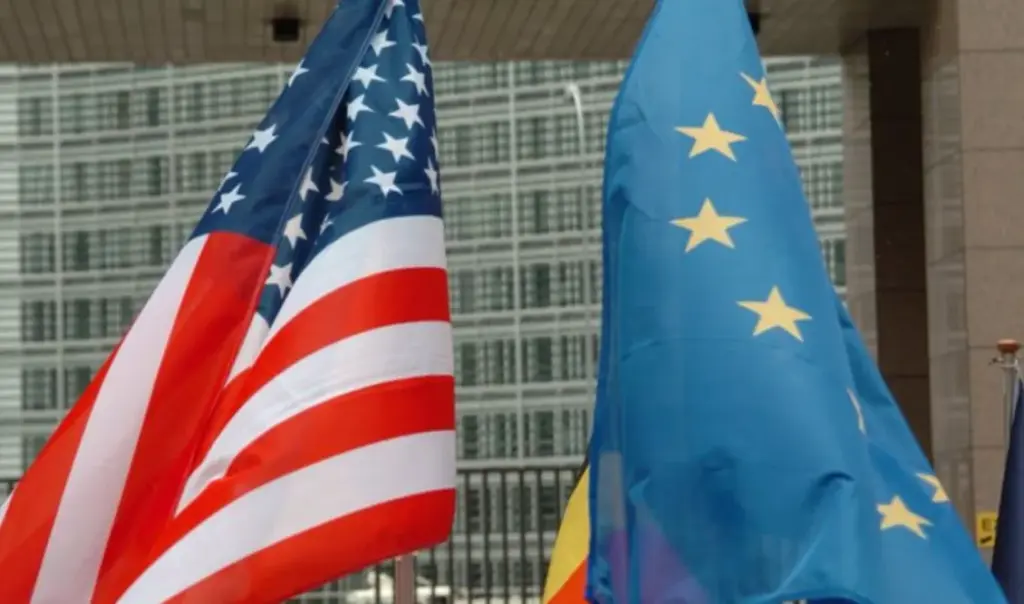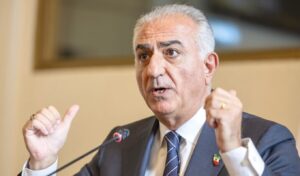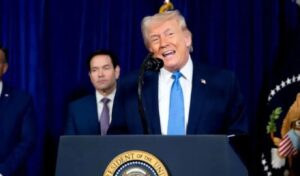With just three days remaining before the July 9 deadline set by President Donald Trump for imposing tariffs, American and European negotiators continue talks for a trade agreement that could protect European products from Trump tariffs of up to 50%.
The US and Europe were traditionally close trade allies, however, their recent disagreements over China policy, global economic governance, and resolving trade disputes have created a low barometric pressure. A European official, amid intensifying negotiations, stated: “This strategy is economically irrational. It helps neither the American nor the European economy, nor global supply chains.”
Trump’s statements on new tariffs in the coming days
Trump announced on Sunday that he expects to announce new tariffs or trade agreements by Wednesday, with the new taxes taking effect on August 1st. The results from Trump’s team diplomatic efforts regarding new trade conditions are not yet visible. Only two agreements have been completed since April: with Vietnam and the United Kingdom. Trump’s strategy is based on a baseline 10% tariff on all imports, with additional charges for specific products by country.
Meanwhile, American consumers are expected to see price increases on electronics, clothing, footwear, and furniture.
Despite differences, European officials are negotiating a preliminary agreement, avoiding higher charges on sensitive products like pharmaceuticals. Washington seeks exemption for American steelmakers from the European carbon tax. Within the EU, Germany favors a quick agreement, while France prefers a tougher stance.
Trump’s high-tariff strategy may boost US production, but raises concerns about instability and billions in losses to the global economy, according to an ECB report. The agreements Trump seeks are rudimentary, just a few pages long, in contrast to the multi-page, detailed agreements of the previous decade, such as USMCA.
The EU worries that this approach distances the US from potential joint initiatives against China. Although it shares some concerns about Beijing, Europe prefers coordinated actions rather than unilateral pressures.
According to experts, Trump’s real objective is political: “He wants to say ‘I made the biggest trade deal with Europe.’ The content matters little compared to the image of being a ‘winner’.”




